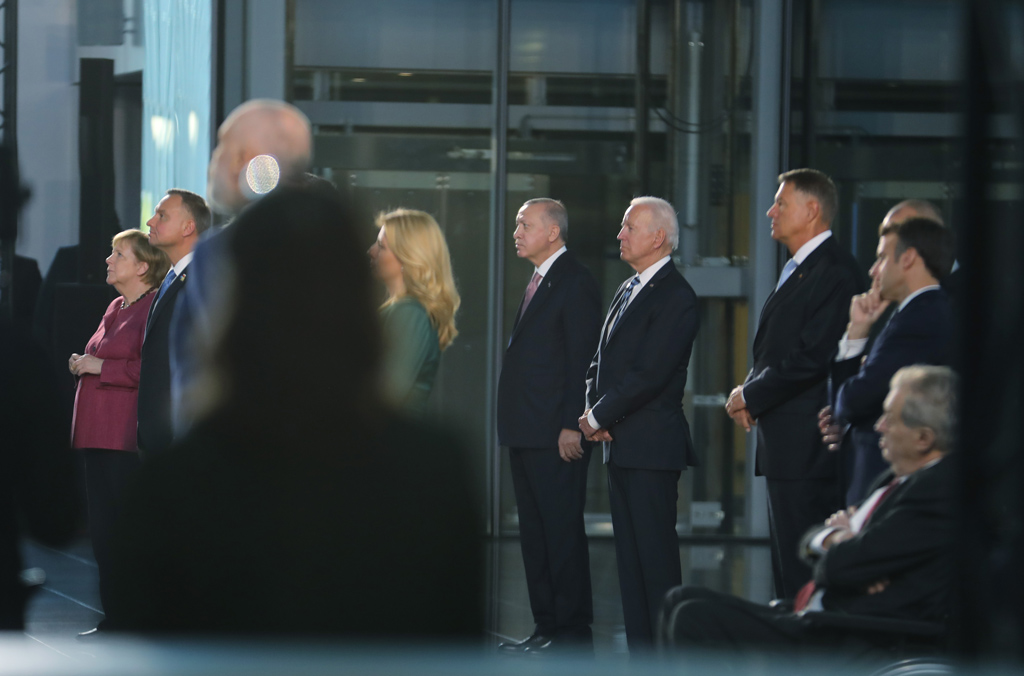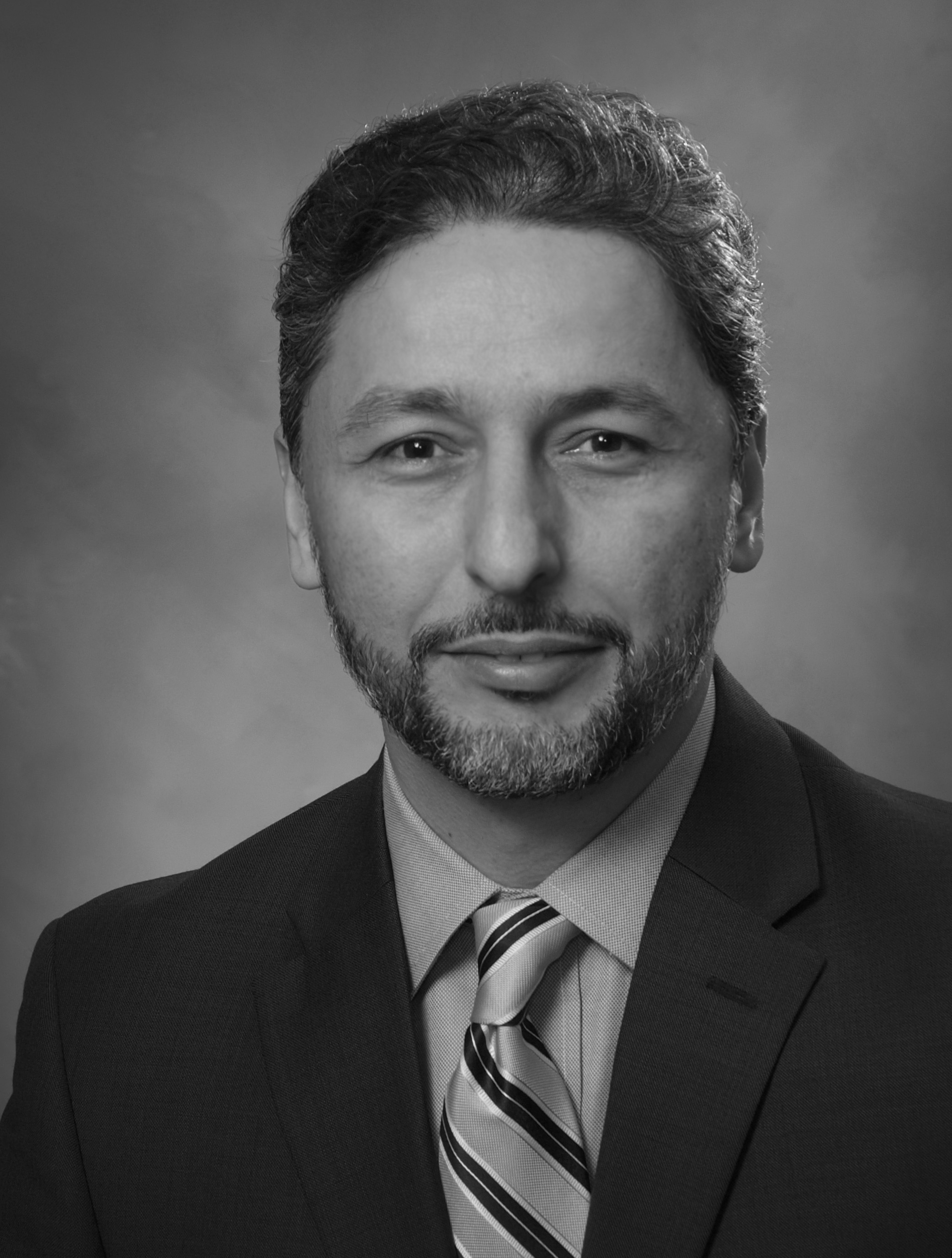
Türkiye's upcoming election and the future of foreign policy
Türkiye will hold a historic election that could influence both regional and global power balances. Under the leadership of President Erdogan over the past 20 years, Türkiye has faced significant challenges and achieved important successes. When looking at Türkiye's role in the international arena, we have seen that it has been managing regional conflicts and global power struggles with its own foreign policy will. The election will have critical results not only for domestic political developments, the economy and security, but also for foreign policy.
Share
Türkiye will hold a historic election that could influence both regional and global power balances. Under the leadership of President Erdogan over the past 20 years, Türkiye has faced significant challenges and achieved important successes. When looking at Türkiye's role in the international arena, we have seen that it has been managing regional conflicts and global power struggles with its own foreign policy will. The election will have critical results not only for domestic political developments, the economy and security, but also for foreign policy.
One of the most important decisions of the past twenty years for Türkiye came just after the ruling Justice and Development (AK) Party rose to power, when it faced the Iraq issue. The newly elected government was forced to take a clear stance in the face of dramatic changes in regional power balances after the request of the U.S. to open a front from the north against Saddam's regime was rejected in the Turkish Grand National Assembly. As Türkiye did not want to repeat the security problems brought by the First Gulf War, it became necessary for it to produce its own foreign policy. By saying no to the U.S. during the occupation process, Türkiye won applause worldwide and also made significant efforts not to be left out of the post-occupation process due to security concerns.
During a period when Iraq's occupation and the global fight against terrorism were shaking the region, Türkiye attempted to redefine its relationship with the Middle East through Syria, which the Bush administration had defined as part of the "Axis of Evil." While the departure of PKK leader Öcalan from Damascus and the hope for change in the Bashar Assad period facilitated this process, Erdogan worked to normalize relations with Syria. In this way, both Türkiye's increase in trade with the Middle East and its increase in diplomatic weight in the region were achieved. Secret talks held to bring about peace between Syria and Israel were one example of Türkiye's progress towards becoming a regional actor.
Despite the fact that the European Union accession process initially led to an increase in Türkiye's profile and the deepening of integration with Europe, France and Germany's coolness towards Türkiye's membership emerged as the most critical problem. Despite these obstacles, economic relations and institutional integration with Europe continued and Türkiye did its best to solve the Cyprus issue, but the membership process was stretched out over time and hollowed out. While Türkiye's shortcomings in its relations with the West were generally discussed, the consequences of confusion and strategic paralysis within the Western alliance were not widely addressed.
As seen in Türkiye's examples of relations with Iraq, Syria, and Europe, Türkiye continued to pursue its foreign policy in a line that determined national interests. Erdogan, who is aware that there is no option to be a part of a certain alliance and to automate foreign policy according to the preferences of that alliance, insisted on Türkiye becoming a game-changing actor. Turkish foreign policy, which did not waste time realizing that it was on the brink of a new regional earthquake when the Arab Spring began, generally sided with popular movements but could not prevent the Assad regime from dragging Syria into civil war. Türkiye, which has been constantly strengthening its initiatives for the solution of the Syrian issue, became the most effective actor in northern Syria through direct military intervention in the fight against terrorism and the refugee issue, especially after 2016.
It can be said that the most important feature that Türkiye has stood out in foreign policy in the last twenty years is its refusal to remain a spectator to developments in its region and global power struggles. Erdogan was successful in establishing rational and pragmatic relations with different leaders without giving in to the exclusion efforts of some European leaders. With its attitude of separating economic relations from the negative course of the membership process, it did not allow political difficulties to estrange Türkiye. While increasing Türkiye's effective attitude within NATO, it ensured that issues such as the fight against terrorism and migration became part of the alliance's agenda. While supporting Ukraine in response to Russia's occupation of Ukraine, it tried to protect the country's interests and stability through the continuation of economic relations with Russia.
The progress made by Türkiye in its national defense industry has been both a reflection and supporter of its will to produce its own foreign policy in line with national interests. Türkiye's new national defense industry capabilities played a critical role in the liberation of Azerbaijan's occupied territories and the signing of a maritime jurisdiction agreement by the Tripoli government in Libya, thus achieving significant gains in terms of energy security and regional influence, which changed the geopolitical balances of the South Caucasus and Eastern Mediterranean. These examples show how Türkiye's understanding of developing foreign policy based on its national interests has evolved over the past twenty years in response to new regional developments.
On May 14, Türkiye will also decide whether this vision will continue or not, while choosing between the ruling party and the opposition. During the election campaign, we saw limited promises related to foreign policy from the opposition candidate Kılıçdaroğlu, which mainly focused on normalization with Syria and the return of refugees. Although this promise has a domestic political context, it is known that the government has been negotiating with Syria for some time to reduce the options of the PKK and facilitate the voluntary return of refugees. It is also difficult to say that Kılıçdaroğlu's promise to overcome the visa problem with Europe presents a comprehensive vision regarding relations with Europe and the West.
The promises regarding Central Asia do not provide us with enough data to understand the foreign policy perspective, as they exclude Azerbaijan and resemble more closely China's Belt and Road Initiative. Looking at his messages on Ukraine and other issues, it is possible to predict that Kılıçdaroğlu generally wants to pursue a more traditional foreign policy that is compatible with Europe. However, it is clear that Europe, which has difficulty in finding solutions to global power struggles and regional crises, cannot be an effective and sufficient partner for Türkiye's foreign policy tests.
In most countries, it is a common case for voters to prioritize issues such as the economy and security and assign a secondary role to foreign policy issues. However, in Türkiye, both the dimensions of the economy, such as exports and energy, and security, which are also related to regional terrorist organizations, make foreign policy more important. In this context, it is not possible to isolate President Erdoğan's foreign policy performance of the past twenty years from domestic politics. It is not surprising that the people of Türkiye give credit to a vision that keeps the country away from hot conflicts while still becoming an effective actor in such a challenging geography. In the upcoming period, Türkiye will continue to face critical choices between the global competition between the US, Russia, and China and their regional implications. The election results will also determine in which direction these choices will be made.
[Yeni Şafak, May 12, 2023]
Tags »
Related Articles






